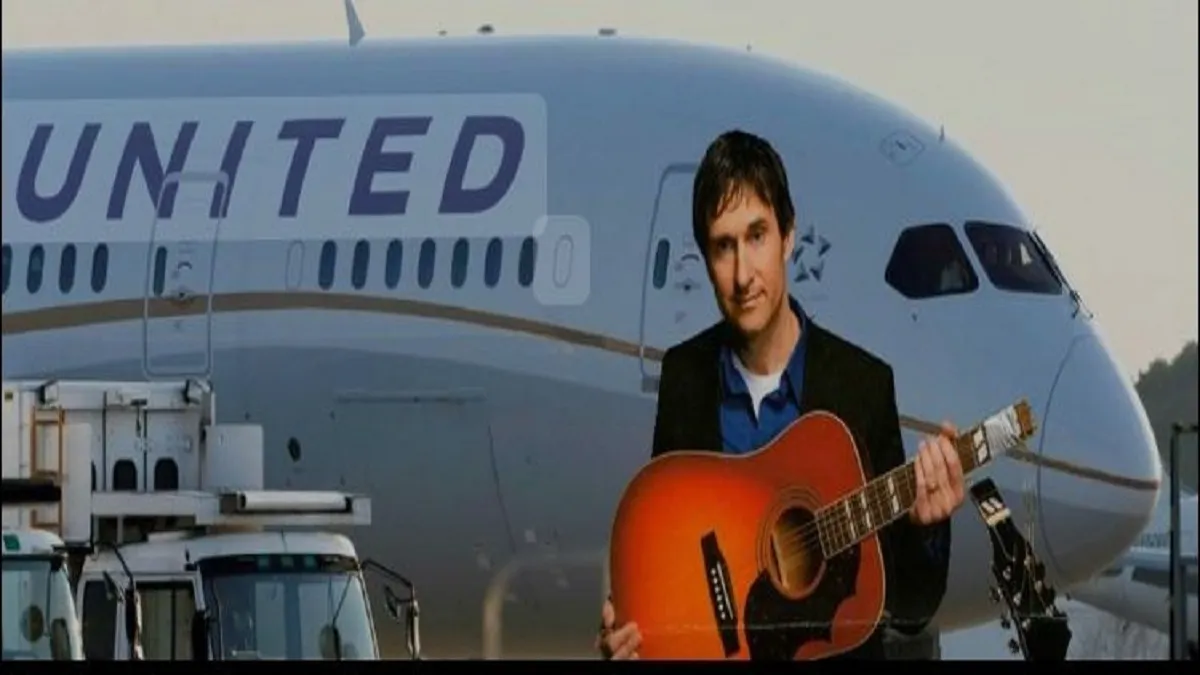Introduction
In 2008, United Airlines faced a significant crisis when musician Dave Carroll reported that his guitar was damaged while in the airline’s custody. This incident highlighted failures in crisis management and communication, leading to lasting repercussions for the airline.
What Went Wrong
Lack of Responsiveness
United Airlines failed to respond empathetically to Carroll’s complaint. When he reported the damage, he encountered indifference from employees, escalating his dissatisfaction.
Inadequate Claims Process
The airline’s claims process was a barrier to resolution. Carroll learned he was ineligible for compensation due to a strict 24-hour claim window, demonstrating a lack of flexibility.
Poor Communication Strategy
The airline adopted a defensive communication approach, neglecting to acknowledge the problem or offer support, which further damaged customer relations.
How the Airline Should Have Handled the Incident
Immediate Acknowledgment
Promptly acknowledging Carroll’s complaint with empathy could have de-escalated the situation and preserved customer loyalty.
Flexible Claims Process
A more flexible claims process would enhance customer satisfaction and foster loyalty by offering fair resolutions.
Proactive Communication
Transparent communication is essential. Regular updates and ensuring customers feel heard can rebuild trust and mitigate negative perceptions.
Challenges Faced
- Internal Resistance: Implementing new crisis management protocols may encounter resistance. Training is necessary to foster a customer-first mentality among employees.
- Reputation Management: Managing the narrative during a public incident is challenging. Companies must prepare for negative media coverage and public backlash, impacting brand perception.
- Financial Implications: The financial fallout from such incidents can be severe, including compensation costs and lost business due to a damaged reputation.
Lessons Learned
- Importance of Training: Investing in employee training on customer service and crisis communication is vital to prevent escalations.
- Customer-Centric Policies: Airlines should adopt policies prioritizing customer experience, enhancing satisfaction and loyalty.
- Monitoring Public Sentiment: Active monitoring of social media and public sentiment is crucial. Quick responses to negative feedback can help maintain trust.
Conclusion
The United Airlines incident serves as a reminder of the importance of effective crisis management and customer communication. By learning from such incidents, airlines can improve policies and enhance customer satisfaction and loyalty in a competitive landscape.




